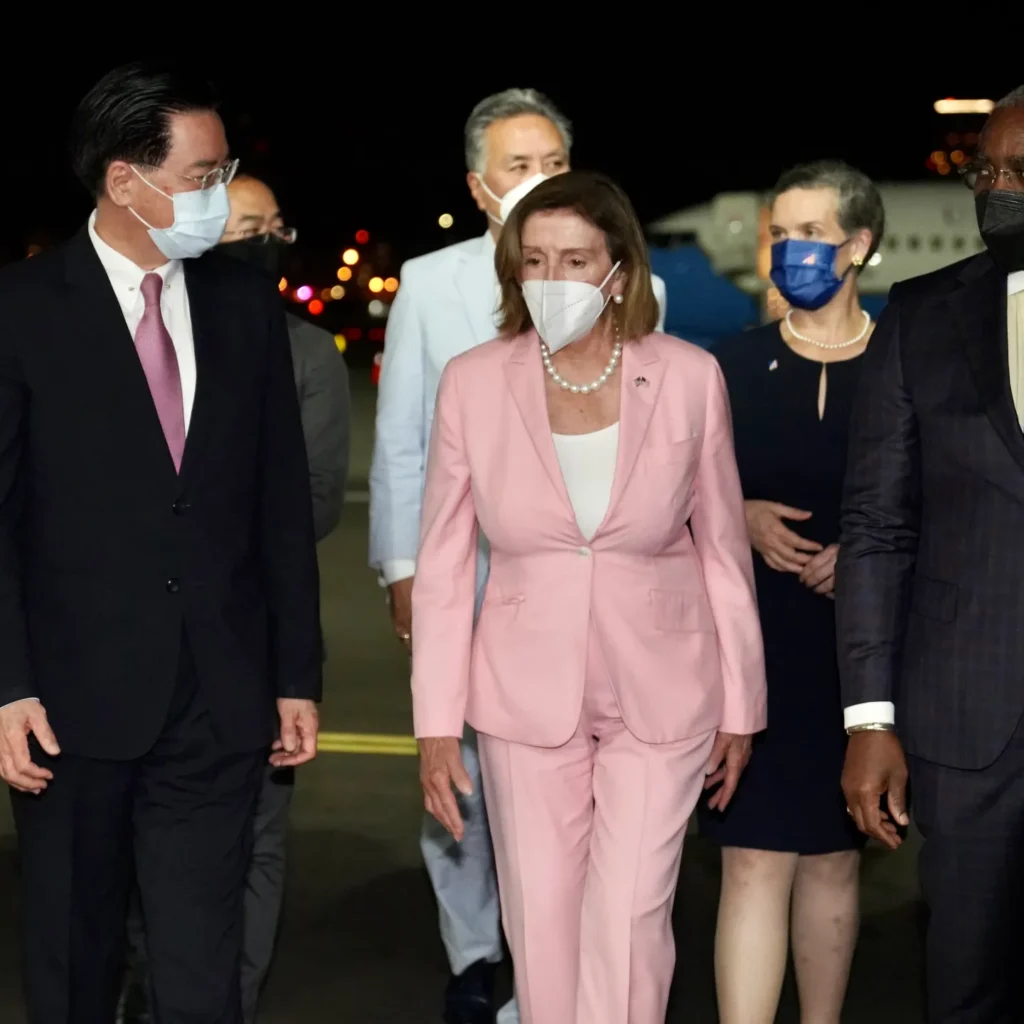This year’s Shangri-La Dialogue is scheduled for 31 May—2 June 2024 in Singapore. It is taking place at a critical juncture in global security dynamics amidst escalating tensions and geopolitical uncertainties, underscoring the gravity of the current situation. The event highlights the anticipated meeting between China’s defense minister, Admiral Dong Jun, and United States Defense Secretary Lloyd Austin.
China and the U.S. administration have increased communication for the past few months to reduce tensions. The forthcoming U.S.-China Defense Dialogue at the Shangri-La is a potential game-changer in China-U.S. defense relations. This high-level engagement holds immense potential for reducing immediate tensions and paving the way for a more stable and secure global environment.
While the U.S.-China Defense Dialogue at the Shangri-La may not signify a complete détente, the evolving relationship between China and the United States shows progress, with new communication channels emerging to counter a downward spiral.
During the meeting between Chinese President Xi Jinping and U.S. President Joe Biden in November 2023, both leaders made a significant commitment to resume high-level military communications based on principles of equality and respect. This commitment included resuming the China-U.S. Defense Policy Coordination Talks, Military Maritime Consultative Agreement meetings, and direct telephone conversations between theater commanders. This marked a crucial departure from the strained relations following former House Speaker Nancy Pelosi’s controversial visit to Taiwan in 2022, which led to a temporary halt in most military communications.

Importantly, this meeting will result from many preliminary discussions in recent weeks, indicating a strong commitment to finding common ground. The U.S. Secretary of State Antony Blinken visited China last month to keep the communication lines open. In early April, representatives from the Chinese and American militaries held productive two-day working-level talks in Hawaii, setting the stage for further engagement. This was followed by a significant video meeting on May 16 between the leadership of the Office for International Military Cooperation of China’s Central Military Commission and the U.S. assistant defense secretary, further underscoring the renewed and robust efforts for engagement.
According to Reuters and The Pentagon, Austin and Dong’s meeting will be their first in-person encounter since their April phone call. The potential outcomes of this meeting, such as reducing immediate tensions and fostering better defense relations, could have far-reaching implications for regional and global security, imparting a sense of confidence in the global audience.
The significance of this meeting cannot be overstated. First, it symbolizes the resumption of high-level dialogue between the world’s two largest military powers, crucial for preventing conflicts and managing crises effectively. Direct communication channels reduce the risk of misunderstandings, miscalculations, and misperceptions that could escalate into full-blown conflicts. The meeting is a confidence-building measure that underscores mutual respect and bolsters the global security architecture, fostering trust and predictability.
Also See: China: Sustaining the Saudi-Iran Deal
Furthermore, by engaging in dialogue, both countries can address their differences constructively find common ground. A positive outcome from the Austin-Dong meeting can set a precedent for responsible management of military ties. Moreover, such improved communication reassures regional allies, contributing to peace and stability in the overall security environment of Asia-Pacific. It also encourages other nations to engage in similar diplomatic efforts, promoting a cooperative international environment. Reducing the risk of military conflict also supports global economic stability by ensuring uninterrupted trade and commerce.
However, this meeting is not without challenges. The Shangri-La Dialogue often serves as a platform where Western countries voice criticisms against China, particularly concerning the Taiwan and South China Sea issues. Admiral Dong is expected to outline China’s global security concept, reaffirming its commitment to peaceful development and international military cooperation. This will likely involve an exchange of views, with China aiming to set the record straight regarding Taiwan and the South China Sea.
At last year’s Shangri La Dialogue, there was hardly any dialogue between China and the U.S. This year, the air seems relaxed, as both countries have improved their relations over the last 12 months.
Although the situation is far from perfect, the resumption of communication between China and the United States is a crucial step forward. Moreover, military communications and dialogues are important, but they are not panaceas. Situations will not change overnight, but having some dialogue is better than not having none.
The most critical connection remains between Biden and Xi. Their recent video call in early April lasted nearly two hours and was described as a way for the two leaders to “check in” and responsibly manage the strained relations. The forthcoming meeting in Singapore is surprising yet necessary for stabilizing China-U.S. defense relations. By embracing negotiation and diplomacy, the United States and China reaffirm their commitment to a safer and more prosperous world, setting an example for responsible great power behavior on the global stage.
It is important to note that real peace is not merely the absence of conflict but the presence of proactive efforts and diligent groundwork. It requires more than rhetoric and belief; it requires committed action and readiness. Amidst global chaos and conflicts, it is time for the world powers to embrace the challenge of resolving disputes peacefully and constructively.
The views expressed in this article are the author’s own. They do not necessarily reflect the editorial policy of the South Asia Times.

![U.S.-China Defense Dialogue: US Secretary of Defense Lloyd Austin and Chinese Defence Minister Dong Jun attend a bilateral meeting [Image via Reuters]](https://southasiatimes.org/wp-content/uploads/2024/06/2024-05-31T080451Z_1040078488_RC2H18AAZE8J_RTRMADP_3_ASIA-SECURITY-USA-CHINA-1717156347.webp)



![Ukrainian and Russian flags with soldier silhouettes representing ongoing conflict. [Image via Atlantic Council].](https://southasiatimes.org/wp-content/uploads/2026/02/2022-02-09T000000Z_1319661209_MT1NURPHO000HXCNME_RTRMADP_3_UKRAINE-CONFLICT-STOCK-PICTURES-scaled-e1661353077377.jpg)

